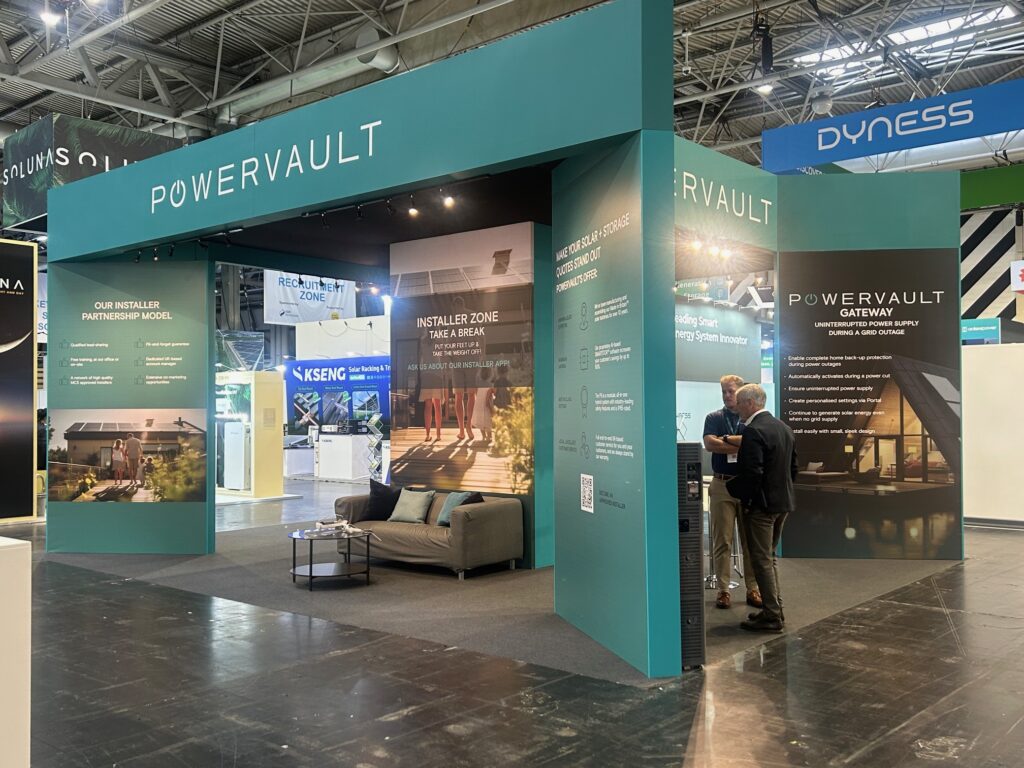InsightLeading the charge: How to invest in the nascent, but lucrative, electric power storage sector
A Carbon Trust report from March found that better energy storage could save £2.4bn a year by 2030 in the UK. If certain regulatory hurdles are overcome, this could rise to £7bn a year.
“There is a huge and exciting market ahead”
says Joe Warren, managing director of London-based Powervault, which makes storage systems for the home. The combination of rising energy prices and the plunging cost of lithium-ion batteries mean we’re “at a tipping point”, according to a recent report by KPMG: it will become cheaper to store energy than buy it from the grid. This is happening alongside attempts to find “reserve power” solutions to manage the problem of renewables only offering intermittent energy (generating only when the sun is shining and the wind is blowing).
By 2020, smart meters will have been rolled out across the UK, “transforming the market. It’ll mean all homes could benefit from an energy storage system without having solar panels,” says Warren. What’s more, almost 1m Brits already have solar panels on their roof.
“This is a rapidly growing market with plenty of competition – which is good; there’s plenty of room for more than one player”
Powervault is set to launch a product next year based on recycled batteries from EVs – another potentially major innovation.
Access for private investors used to be wider – some storage startups fell under the Enterprise Investment Scheme, until the Treasury tightened the rules last year. That said, there are opportunities to invest in some firms via Aim, and investors may choose to look at equity crowdfunding platforms. Powervault, as an example, raised £750,000 on Crowdcube this year.
“We’ll be raising money again next year. We are talking to strategic investors, but there may well be another opportunity for private investors,”
Read the full article in CITY A.M. here
Read more...Recent insight
Energy insight in your inbox
Subscribe to Powervault’s email newsletter and be the first to hear about new products, plus get all the latest news, analysis and insight from Powervault.


